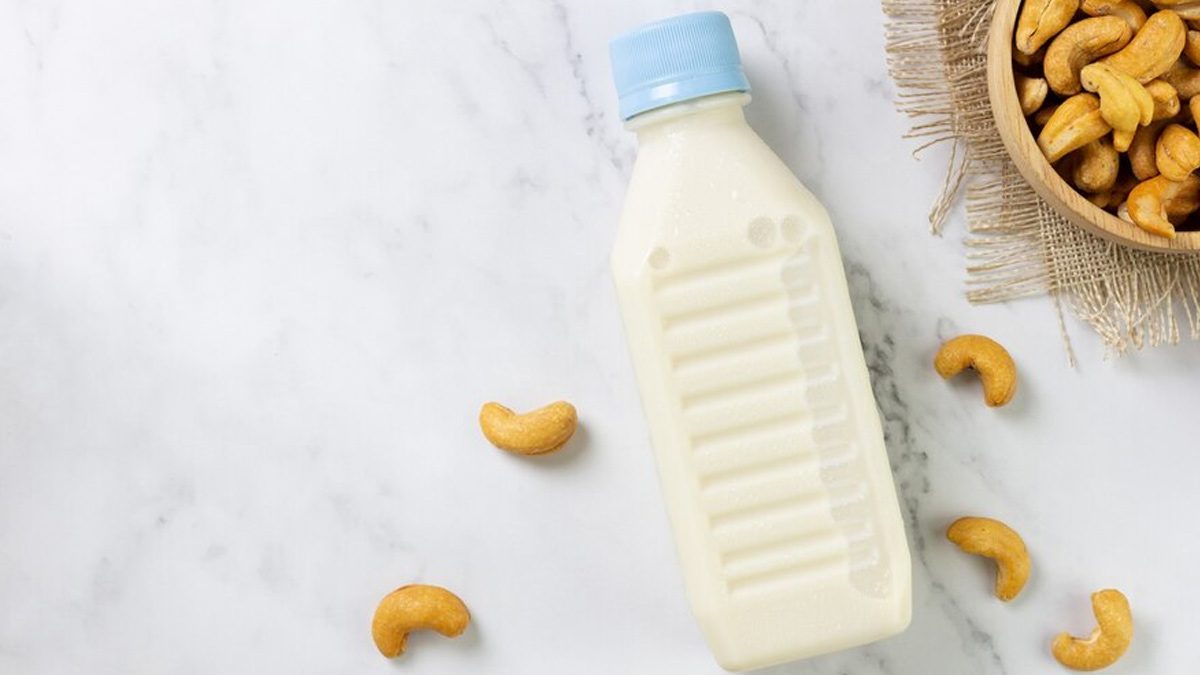
Breastfeeding is the best source of nutrition for infants. It can save the lives of more than 8.2 lakh children, given that all children 0–23 months were optimally breastfed, according to the World Health Organization (WHO).
Table of Content:-
While the global health body recommends exclusive breastfeeding for the first six months of life, unfortunately, fewer than half of infants under six months old are exclusively breastfed. Although many factors, including lack of support and awareness, cultural and social influences, and personal inconveniences, contribute to it, some mothers face medical problems, such as lactation issues, inverted nipples, or difficulty latching, that can make breastfeeding challenging.
So what can be done during this time? If breastfeeding isn’t an option, what is the next best alternative to breastmilk? Dr Mubashshir Khan, Consultant-Paediatrics, Manipal Hospital, Baner, Pune, sheds light on the same.
Also Read: World Breastfeeding Week 2023: Decode How Often Mothers Should Breastfeed Their Babies
Common Reasons Why Some Mothers Can’t Breastfeed

There are a lot of factors that make it difficult for mothers to breastfeed. However, some of the common physical and mental challenges include:
- Severe Anxiety
- Physical stress like caesarean delivery, bleeding after, infection or illness with fever, diabetes, and thyroid disorders
- Obesity
- Sore nipples, breast engorgement, inverted or flat nipples, breast swelling
- Being on chemotherapy
- Battling a severe HIV infection
- Being on narcotic drugs
- When the baby is diagnosed with galactosemia, a disorder that affects how the body processes a simple sugar called galactose
The Next Best Alternative To Breastmilk
Dr Khan says, “Conventionally, in our society, cow and goat milk have been used as an alternative for breastmilk. However, cow milk has a disproportionate casein to whey protein ratio, while goat milk has extremely high amounts of proteins and less lactose, which can cause dehydration and metabolic disturbances in babies.”
He added, “As paediatricians, we do not recommend or encourage any formula milk, but in unfortunate conditions where mothers cannot produce breast milk even after medications, formula milk is indicated.”
For babies 5–6 months old, the doctor recommends weaning foods rather than any milk preparations.
Also Read: What Is Laid-back Breastfeeding? How To Breastfeed Correctly?
Remember! Nothing Can Substitute Breastmilk

In circumstances where mothers cannot produce milk or suffer from health challenges that prevent them from breastfeeding, resorting to alternatives is understandable.
However, Dr Khan suggests that there is nothing that can substitute breastmilk, and for very good reasons.
According to the US Centers for Disease Control and Prevention (CDC), breastfed babies have a lower risk of asthma, obesity, type 1 diabetes, and sudden infant death syndrome (SIDS). They're also less prone to ear infections and stomach bugs.
Additionally, breastfeeding is said to improve intelligence quotient (IQ) and school attendance in children and is associated with higher income in adult life, as per the WHO.

According to Dr Khan, breastfeeding can improve bonding and promote a feeling of closeness and security for the baby.
He further adds that breastfeeding aids weight loss and helps reduce postnatal blood loss in mothers.
One of the biggest advantages of breastfeeding for mothers is that it can reduce their risk of breast cancer and ovarian cancer. A study published in the journal Cancer Medicine found that breastfeeding reduces the risk of breast cancer by 4.3% for every 12 months of breastfeeding.
Conclusion
Breastfeeding is an effective way to provide optimal nutrition and immune protection for infants. However, various factors, including medical conditions, may pose challenges to some women. In such cases, consulting healthcare professionals can help explore suitable alternatives, ensuring the well-being of both mother and baby. It is important to be informed about your choices and to take measures that best suit your and your child's well-being.
Also watch this video
How we keep this article up to date:
We work with experts and keep a close eye on the latest in health and wellness. Whenever there is a new research or helpful information, we update our articles with accurate and useful advice.
Current Version
